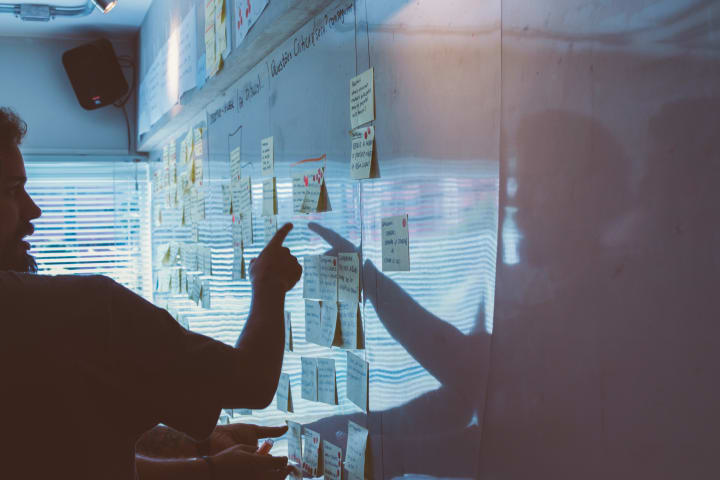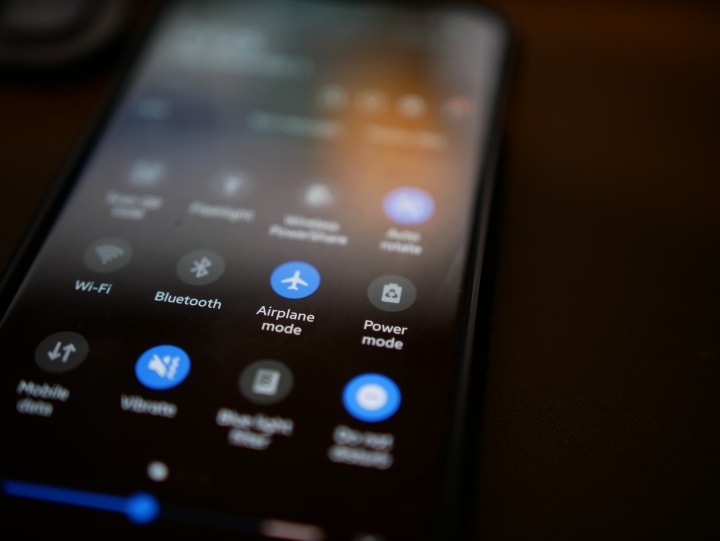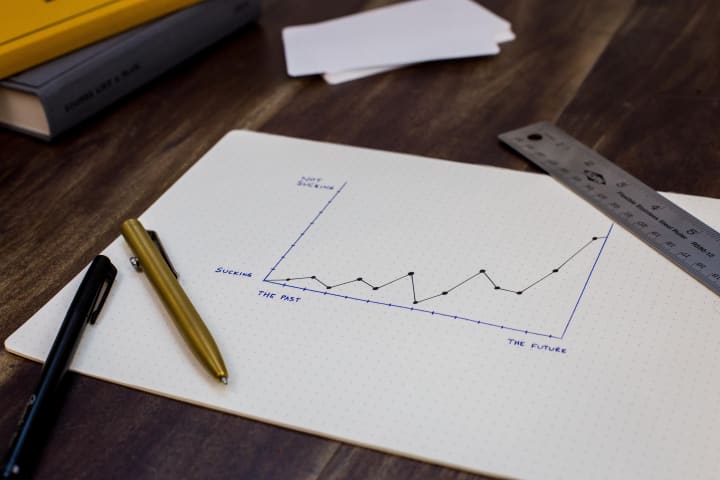The Art of Smart Work and Time Management - Eat That Frog
Maximizing Your Productivity: The Ultimate Guide to Smart Work and Time Management with 'Eat That Frog'

Time is one of the most valuable resources we have, but many of us struggle to make good use of it. We frequently feel overwhelmed by tasks and responsibilities, unsure where to begin and struggling to complete everything. Brian Tracy's book "Eat That Frog" provides a solution to this problem through the art of smart work and time management.
Brian Tracy's book is based on the principle to be successful, you must first learn to prioritize and focus on the most important tasks. The phrase "eating that frog" refers to tackling the most difficult task first in order to free up time and energy for the rest of the day. This can boost your productivity, reduce stress, and help you achieve your goals more effectively.
Here are some "Eat That Frog" tips to help you incorporate smart work and time management into your daily routine:
1. Identify Your Priorities
Identifying your priorities is the first step towards smart work and time management. Start by making a list of all the tasks you need to complete, then prioritize them. This will allow you to concentrate on the most important tasks while avoiding wasting time on the less important ones.

2. Plan Your Day
It's time to plan your day after you've identified your priorities. Spend some time each morning going over your list and making a plan of action for the day. Be honest with yourself about how much time each task will take and plan your day accordingly.

3. Focus on One Task at a Time
Trying to multitask is one of the most common errors people make. Multitasking has been shown in studies to reduce productivity and increase stress. Instead, concentrate on one task at a time and give it your undivided attention until it is completed.

4. Use Time-Blocking
Time blocking is a technique for scheduling a specific block of time for each task on your to-do list. This will help you stay on course and avoid distractions. It also ensures you`re not spending too much time on any one task, which can lead to burnout.

5. Eliminate Distractions
Distractions are one of the biggest time wasters. To avoid distractions, turn off notifications on your phone, close unnecessary tabs on your computer, and work in a quiet location. It helps you stay focused and get more work done in less time.

6. Take Breaks
Breaks are essential for productivity and mental health. Plan regular breaks throughout the day to rest and recharge your batteries. This will keep you focused and energized throughout the day.

7. Review Your Progress
At the end of each day, take a moment to review your progress. Look what you've accomplished so far and what you still have to do. This will help you stay on track and adjust your plans as needed.

Smart work and time management are essential skills for success in any area of life. By applying the principles outlined in "Eat That Frog", you can increase your productivity, reduce stress, and achieve your goals more efficiently. Remember to identify your priorities, plan your day, focus on one task at a time, use time-blocking, eliminate distractions, take breaks, and review your progress. With these strategies in place, you'll be well on your way to achieving your goals and living your best life...
About the Creator
Syed Sarim
Unlocking Your True Potential | Gym Guy, Business Student | Always chasing new ideas and adventures | Follow along for snippets of my writing journey






Comments
There are no comments for this story
Be the first to respond and start the conversation.